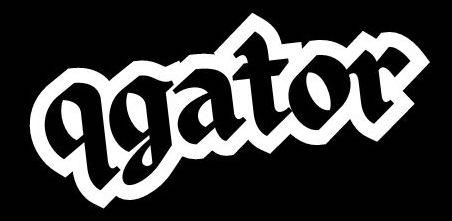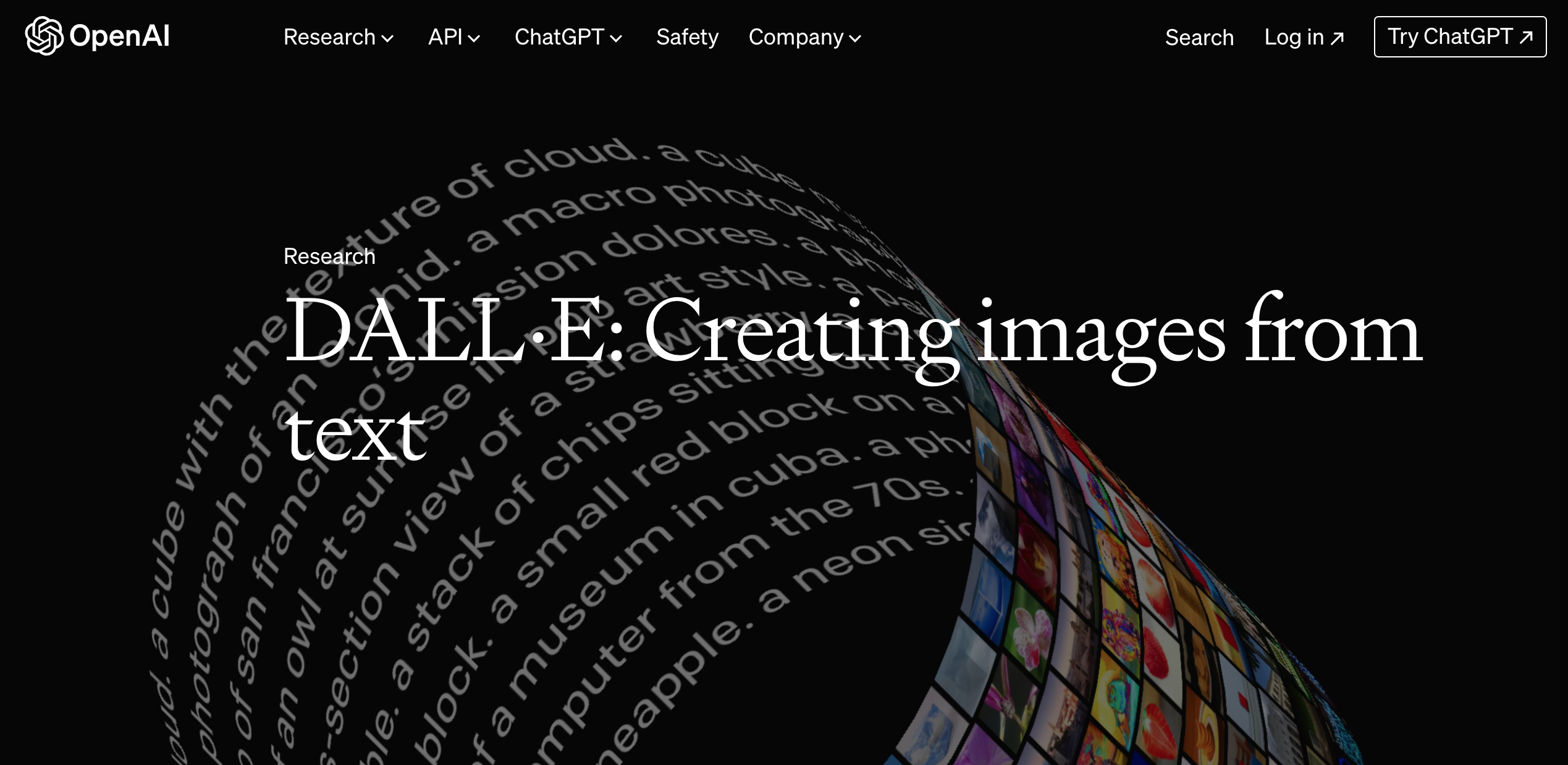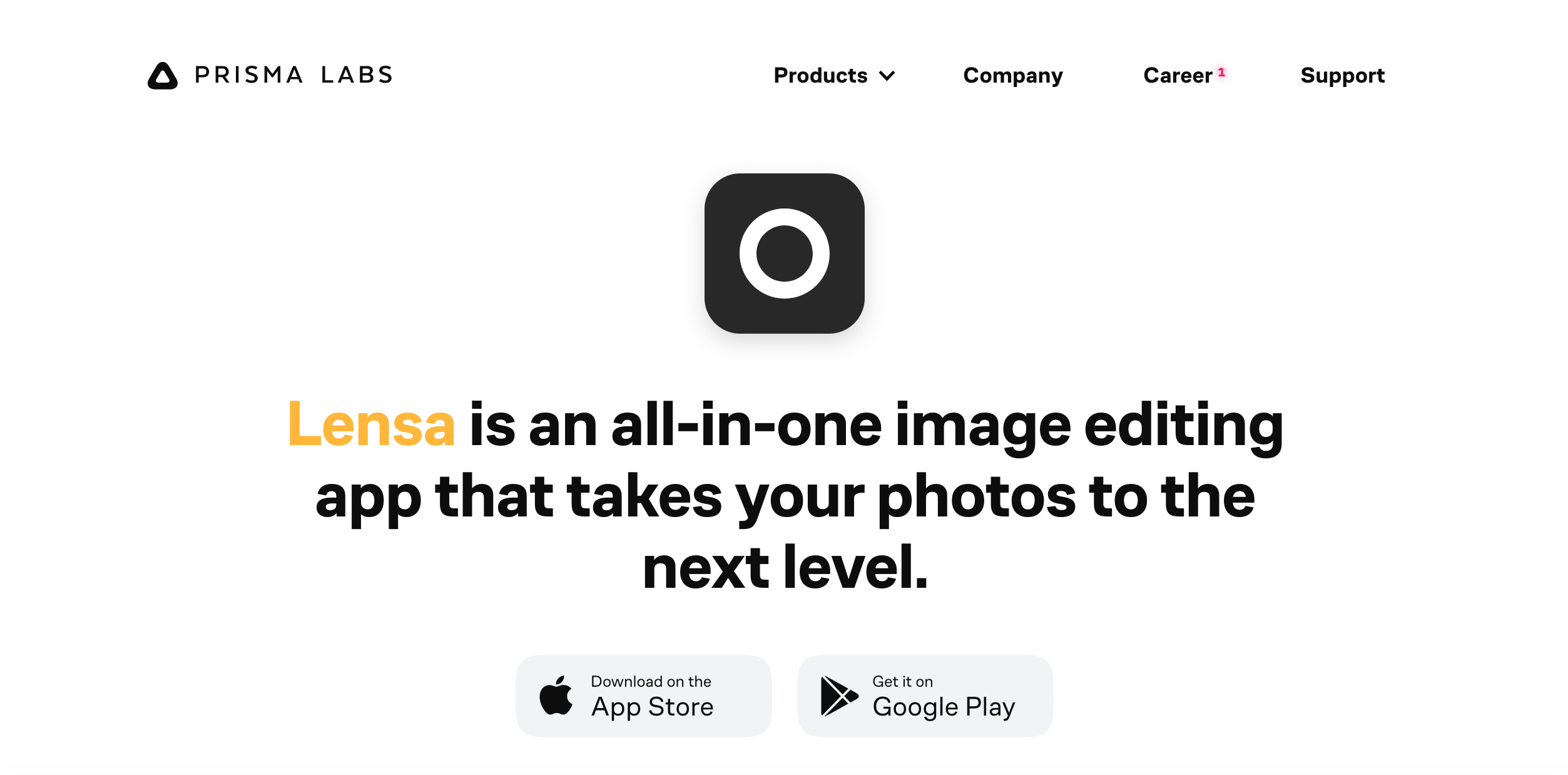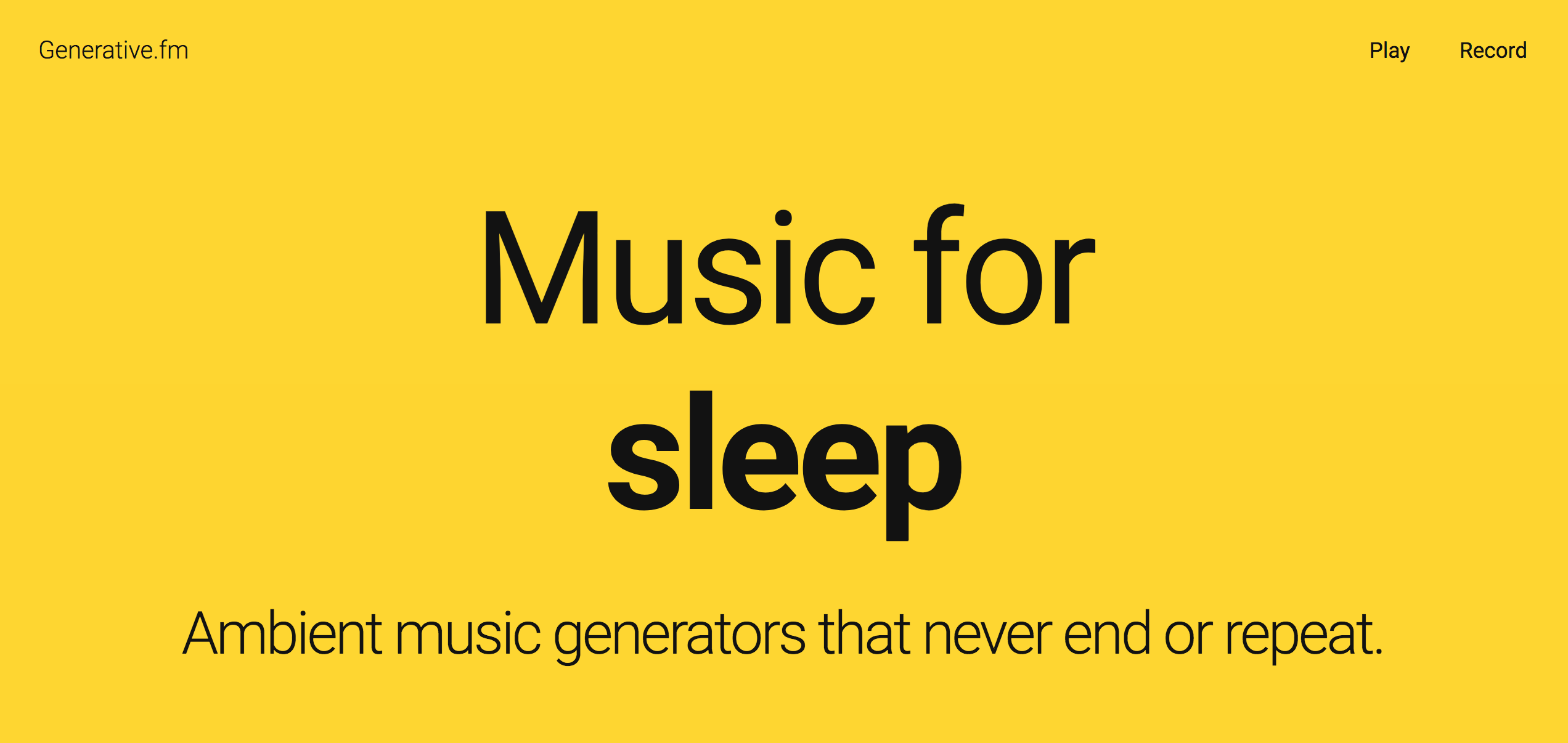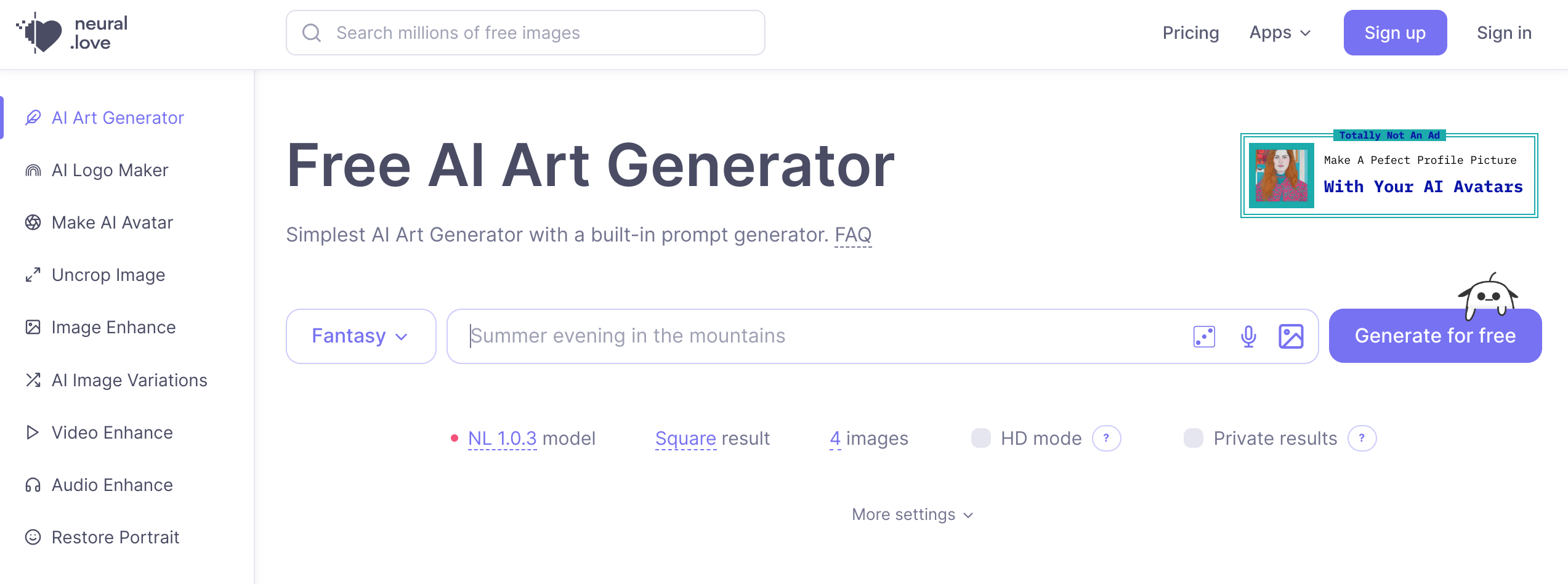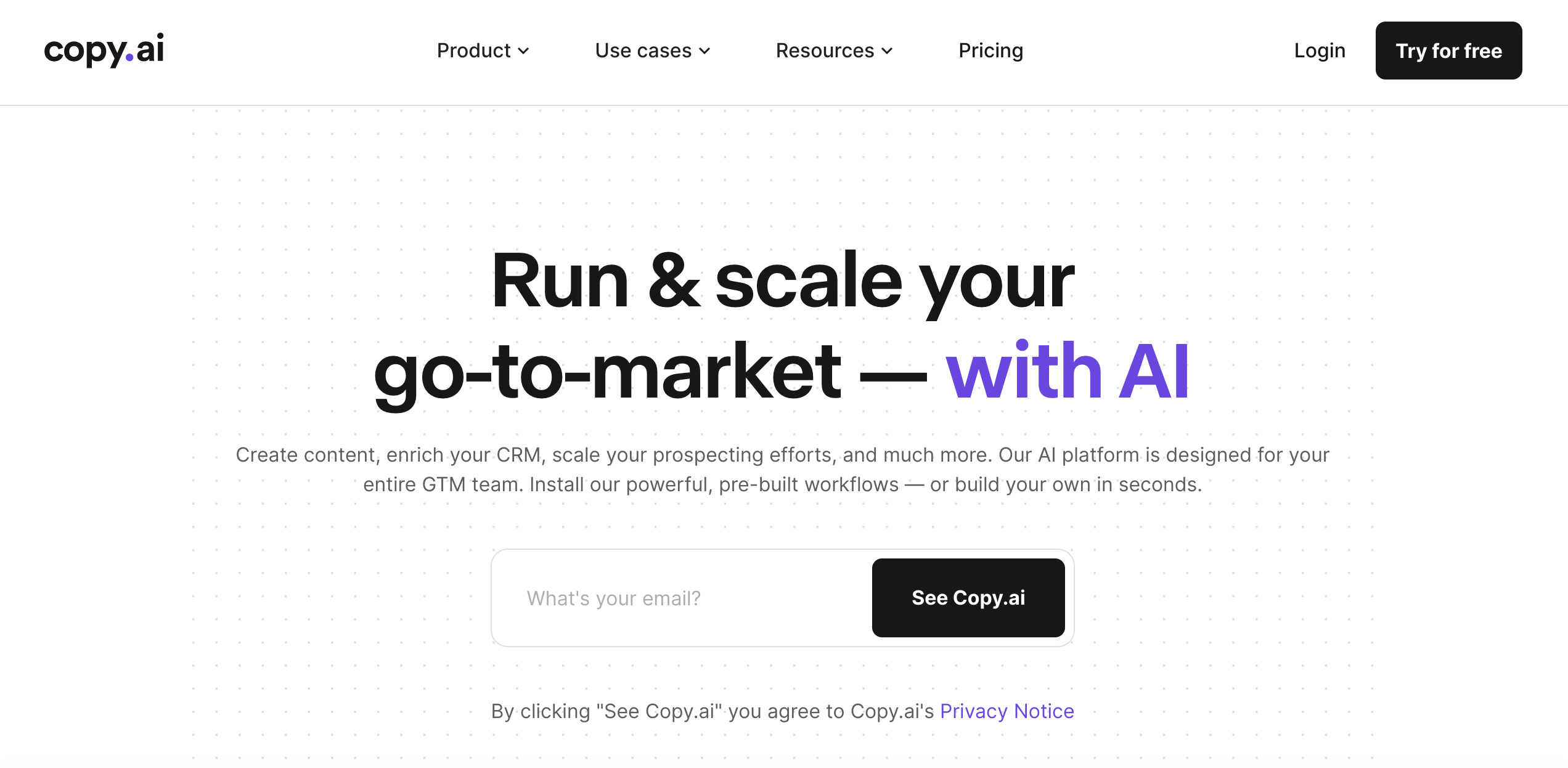I. Introduction
In recent years, blockchain technology has been making waves in various industries. From finance to healthcare, this innovative technology has the potential to revolutionize the way we store and share data. However, despite its growing popularity, many people still don’t fully understand what blockchain technology is or how it works. In this article, we will provide a beginner’s guide to blockchain technology, including its definition, how it works, its advantages, and its potential applications and challenges.
II. What is blockchain technology?
At its simplest, blockchain technology is a decentralized digital ledger that records transactions on multiple computers in a secure and transparent way. Each block in the blockchain contains a unique code that links it to the previous block, creating a chain of blocks that is virtually impossible to alter without the consensus of the network.
III. How does blockchain technology work?
Blockchain technology is based on a distributed network of computers, which collectively validate and record transactions. Each transaction is verified by multiple computers in the network, and once validated, it is added to a new block. Each block contains a unique code, or hash, that is linked to the previous block. This creates an unbroken chain of blocks that provides a tamper-proof and transparent record of all transactions.
IV. Advantages of blockchain technology
One of the key advantages of blockchain technology is its decentralized nature. Unlike traditional systems that rely on a central authority to verify and store data, blockchain technology allows for a distributed network of computers to validate and record transactions. This makes it much more difficult for bad actors to manipulate the system and compromise the integrity of the data.
Another advantage of blockchain technology is its transparency. Because all transactions are recorded on a public ledger, anyone can access and verify the data. This makes blockchain technology an ideal tool for industries that require a high level of transparency and accountability, such as finance and healthcare.
V. Applications of blockchain technology
Blockchain technology has the potential to revolutionize many industries. In finance, blockchain technology can be used to streamline payment processing and reduce the risk of fraud. In healthcare, blockchain technology can be used to securely store and share patient data, allowing for more efficient and accurate diagnoses.
Other potential applications of blockchain technology include supply chain management, voting systems, and digital identity verification. By providing a secure and transparent way to store and share data, blockchain technology has the potential to transform the way we conduct business and interact with each other.
VI. Potential challenges for blockchain technology
Despite its many advantages, blockchain technology is not without its challenges. One of the biggest challenges is scalability. As the number of transactions on the blockchain increases, so does the size of the blockchain. This can make it difficult for smaller computers to store and validate the data, which can slow down the system.
Another challenge is regulation. As blockchain technology becomes more widespread, governments around the world are starting to take notice. Some governments are eager to regulate the technology, while others are wary of its potential impact on traditional systems.
VII. Conclusion
Blockchain technology is an innovative and powerful tool that has the potential to transform the way we store and share data. Its decentralized nature and transparency make it an ideal tool for industries that require a high level of security and accountability. While there are still challenges to overcome, the potential applications of blockchain technology are vast and varied. Whether you’re a business owner, a healthcare professional, or just someone interested in the future of technology, blockchain technology is definitely worth keeping an eye on.
